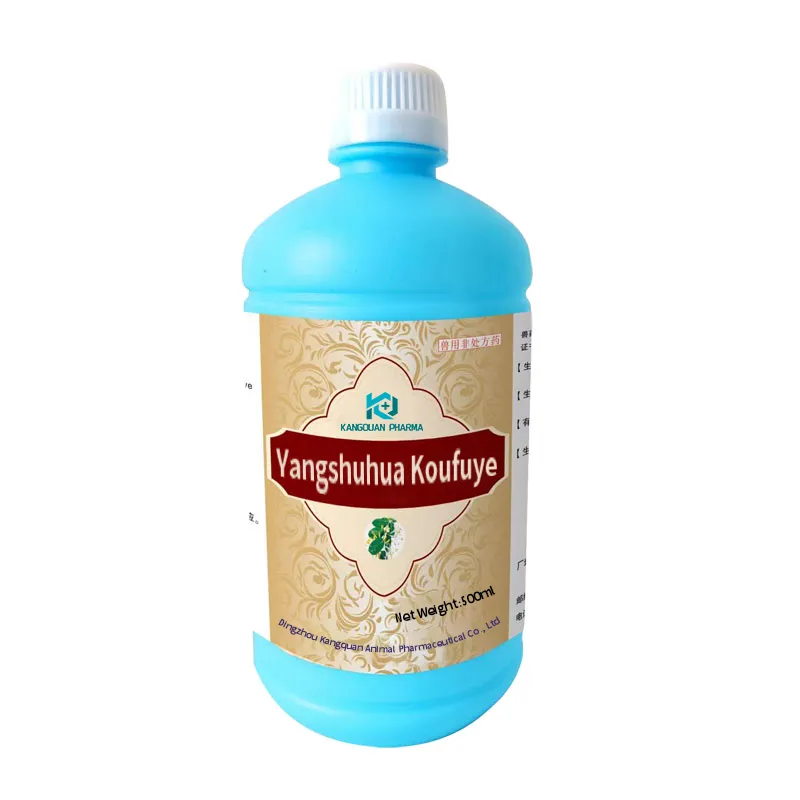- Afrikaans
- Albanian
- Amharic
- Arabic
- Armenian
- Azerbaijani
- Basque
- Belarusian
- Bengali
- Bosnian
- Bulgarian
- Catalan
- Cebuano
- Corsican
- Croatian
- Czech
- Danish
- Dutch
- English
- Esperanto
- Estonian
- Finnish
- French
- Frisian
- Galician
- Georgian
- German
- Greek
- Gujarati
- Haitian Creole
- hausa
- hawaiian
- Hebrew
- Hindi
- Miao
- Hungarian
- Icelandic
- igbo
- Indonesian
- irish
- Italian
- Japanese
- Javanese
- Kannada
- kazakh
- Khmer
- Rwandese
- Korean
- Kurdish
- Kyrgyz
- Lao
- Latin
- Latvian
- Lithuanian
- Luxembourgish
- Macedonian
- Malgashi
- Malay
- Malayalam
- Maltese
- Maori
- Marathi
- Mongolian
- Myanmar
- Nepali
- Norwegian
- Norwegian
- Occitan
- Pashto
- Persian
- Polish
- Portuguese
- Punjabi
- Romanian
- Russian
- Samoan
- Scottish Gaelic
- Serbian
- Sesotho
- Shona
- Sindhi
- Sinhala
- Slovak
- Slovenian
- Somali
- Spanish
- Sundanese
- Swahili
- Swedish
- Tagalog
- Tajik
- Tamil
- Tatar
- Telugu
- Thai
- Turkish
- Turkmen
- Ukrainian
- Urdu
- Uighur
- Uzbek
- Vietnamese
- Welsh
- Bantu
- Yiddish
- Yoruba
- Zulu
8 月 . 04, 2024 03:16 Back to list
Exploring the Applications and Benefits of Florfenicol Powder in Veterinary Medicine and Animal Health
Exploring Florfenicol Powder Applications and Implications
Florfenicol powder is an antibiotic compound that has gained significant attention in both veterinary and aquaculture applications. As a synthetic phenolic derivative of thiamphenicol, florfenicol is widely utilized for its broad-spectrum antibacterial properties. This article explores the uses, benefits, and considerations associated with florfenicol powder.
Chemical Background and Mechanism of Action
Florfenicol is characterized by its ability to inhibit bacterial protein synthesis. It achieves this by binding to the 50S ribosomal subunit, thereby preventing the formation of peptide bonds during translation. This action makes it effective against a range of gram-positive and gram-negative bacteria, including those that are resistant to other antibiotics. Florfenicol’s unique chemical structure allows it to be more effective than traditional antibiotics, providing an essential tool in the fight against bacterial infections.
Applications in Veterinary Medicine
In veterinary medicine, florfenicol powder is primarily used to treat respiratory infections in cattle and swine
. It is particularly useful in controlling conditions like bovine respiratory disease (BRD), which can cause significant economic losses in livestock production. By administering florfenicol, veterinarians can reduce the severity and duration of infections, facilitating quicker recovery and minimizing the risk of disease spread within herds.One of the main advantages of florfenicol is its long half-life, allowing for less frequent dosing compared to other antibiotics. This characteristic not only simplifies treatment regimens for animal health practitioners but also enhances compliance among livestock producers, ensuring that animals receive the full course of medication.
Aquaculture and Fish Health
florfenicol powder

Florfenicol has also become an essential agent in aquaculture, primarily for the treatment of bacterial infections in fish. Fish farming has seen a rise in popularity due to the increasing global demand for seafood. However, intensive farming practices can lead to outbreaks of disease, threatening the health of fish populations and causing financial losses for fish farmers.
Florfenicol powder is effective against a variety of bacterial pathogens that affect aquaculture species, such as Aeromonas and Vibrio species. Its application in fish health management can contribute to improved survival rates and better growth performance, thereby enhancing the overall sustainability of aquaculture operations. The careful use of florfenicol helps prevent the spread of diseases and ensures the well-being of aquatic livestock.
Considerations and Challenges
Despite its benefits, the use of florfenicol powder is not without challenges. One of the primary concerns is the development of antibiotic resistance. Over-reliance on antibiotics in veterinary and aquaculture practices can lead to resistant bacterial strains, posing a significant risk to both animal and human health. As such, it is crucial to employ florfenicol responsibly and as part of an integrated disease management strategy that includes vaccination and improved husbandry practices.
Regulatory bodies in various countries closely monitor the use of florfenicol to ensure it is used safely and effectively. Limits are often set on residue levels in animal products to protect consumer health and maintain food safety standards. Additionally, public awareness campaigns highlight the importance of responsible antibiotic use in agriculture.
Conclusion
Florfenicol powder stands out as a vital tool in veterinary and aquaculture settings, offering effective treatment options for bacterial infections. While it presents numerous advantages in promoting animal health and productivity, careful consideration must be given to its use to mitigate the risk of antibiotic resistance. As the agricultural landscape continues to evolve, the responsible integration of florfenicol into health management practices will be essential for sustainable animal production.
-
The Power of Radix Isatidis Extract for Your Health and Wellness
NewsOct.29,2024
-
Neomycin Sulfate Soluble Powder: A Versatile Solution for Pet Health
NewsOct.29,2024
-
Lincomycin Hydrochloride Soluble Powder – The Essential Solution
NewsOct.29,2024
-
Garamycin Gentamicin Sulfate for Effective Infection Control
NewsOct.29,2024
-
Doxycycline Hyclate Soluble Powder: Your Antibiotic Needs
NewsOct.29,2024
-
Tilmicosin Premix: The Ultimate Solution for Poultry Health
NewsOct.29,2024













